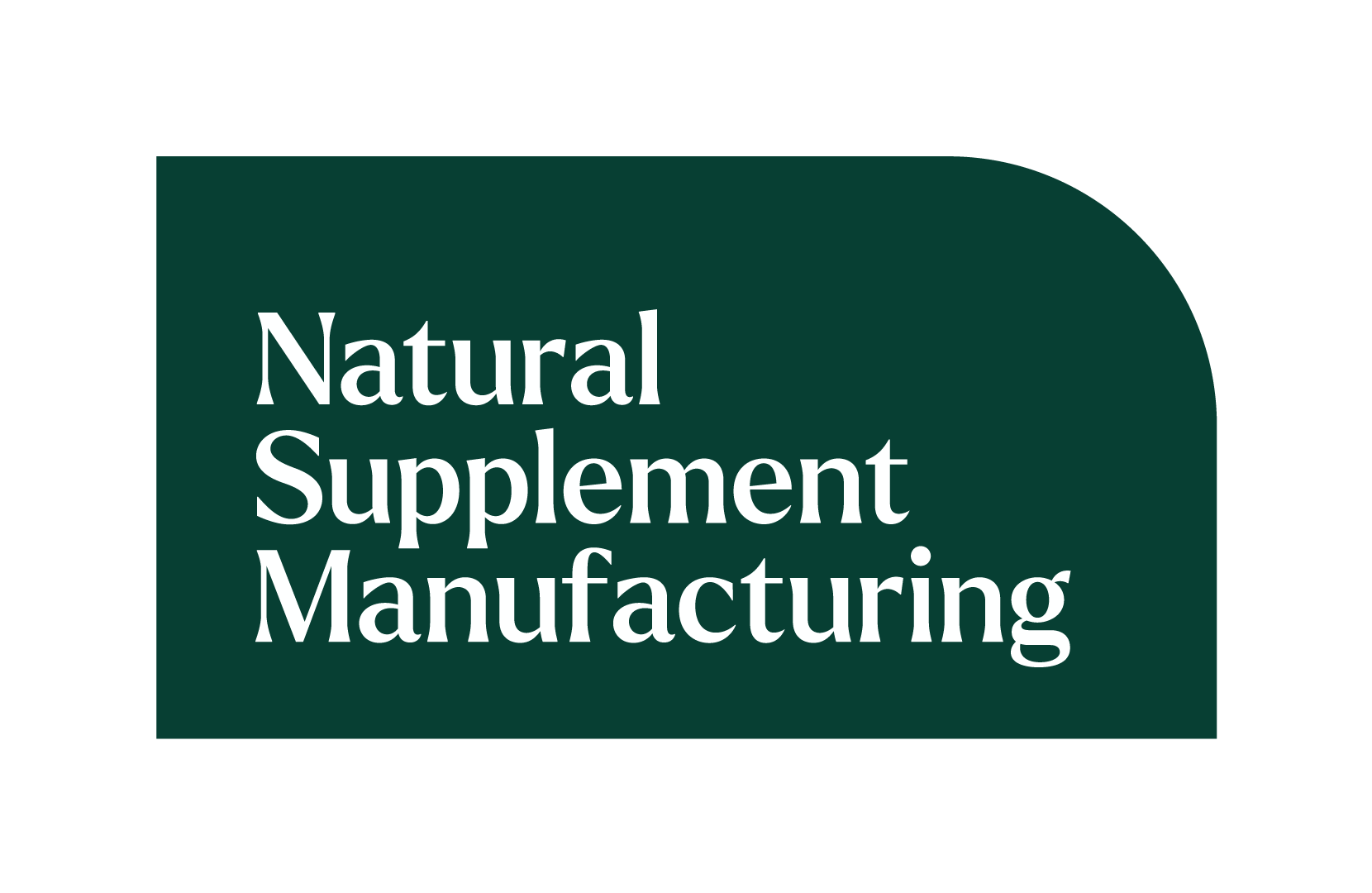Is CBD Legal? What Supplement Brands Should Know

Interested in adding CBD to your product line? You’re entering the marketplace at just the right time. CBD is big business — and it’s positioned to become even bigger with experts estimating CBD sales will reach $16 billion by 2025.
Despite this growth and the fact that CBD was legalized per the 2018 Farm Bill, the legality of this unregulated supplement remains unclear to many. Keep reading to learn about the latest legislation around CBD and how consumer perceptions are rapidly changing — making CBD a smart investment for enterprising supplement brands.
What Is the 2018 Farm Bill?
The Agricultural Improvement Act of 2018, more commonly known as the 2018 Farm Bill, provided a number of important agricultural and nutrition policy changes, including new legislation around cannabis.
In short, the bill drew a distinction between the two varieties of the cannabis sativa plant, hemp and marijuana:
-
- Any cannabis plant or product containing a concentration of THC higher than .3 percent is classified as marijuana and therefore illegal under the Controlled Substances Act.
- Anything containing no more than .3 percent THC is considered hemp and no longer considered an illegal substance under federal law.
The bill also permits the transfer of hemp and hemp-derived products across state lines, as long as the hemp was lawfully produced under a state or Indian Tribal plan or under a license issued under the U.S. Domestic Hemp Production Program.
So, Is CBD Legal?
Technically yes it is, at least on a federal level. But as you’ll learn in the next section, on the state level, things can get a little complicated.
Where Is CBD Illegal in the U.S.?
Even though the 2018 Farm Bill legalizes CBD on a federal level, it’s important to note that states retain the right and responsibility to enact their own CBD laws and regulations. That means that CBD isn’t necessarily legal in all 50 states, and if it is, it may only be conditionally legal with unique restrictions to watch out for.
For example, CBD is technically legal in the following states — but only if it contains zero THC:
- Idaho
- Kansas
State laws regarding CBD are constantly changing, so be sure to check with each state for the latest regulations.
What Is the Stigma of CBD?
Navigating the legality of CBD products on a state-by-state basis isn’t as complicated as it seems, but what can be challenging for supplement brands is overcoming the stigma and misconceptions around CBD, due to lack of education around cannabinoids.
Understanding the Difference Between THC and CBD
Like THC, CBD is a type of cannabinoid. Cannabinoids are fat-based molecules found in hemp plants that interact with our body’s endocannabinoid system (ECS), which regulates a whole host of functions, including metabolism, immune responses, pain control, mood, and memory. When cannabinoids interact with the endocannabinoid system, a number of therapeutic effects can result.
So far, scientists have identified over 120 different types of cannabinoids. The two most popular ones are THC and CBD. While both interact with receptors in the ECS, CBD doesn’t cause the intoxicated feeling that THC is known for but rather a wide range of benefits including, most notably, reducing inflammation and pain and resolving sleep issues.
Combating the Stigma of CBD and Plant Medicines
To get more insight into the benefits of CBD, we talked to Pat Karns, the former head athletic trainer for NHL’s Colorado Avalanche and the U.S. Men’s Ice Hockey team. He’s currently the founder of ProAdvocates, an organization that helps former professional, collegiate, and Olympic athletes connect with high-quality sports medicine providers for their post-career wellness needs.
ProAdvocates relies primarily on hands-on and laser treatment to treat patients. They also suggest cannabis therapies due the side effects — including depression to suicidal tendencies — which often accompany traditional pharmaceuticals. Karns hasn’t seen these side effects in ProAdvocates patients who’ve used cannabis therapies.
Karns notes the only roadblock he sees with cannabis is the stigma against it — not its therapeutic promise or laws and regulations. He says that people younger than 35 or older than 70 typically have no objections to cannabis, but the patients between ages 35 and 50 have some reluctance to try plant medicines. He feels, though, that with market maturation, more and more consumers will grow to understand the advantages of CBD products.
Karns isn’t the only advocate for CBD as an alternative to prescription medications. CBD is garnering more media attention around the therapeutic uses of cannabis to treat chronic pain, inflammation, and sleep issues. Studies have also shown that it can also help people with epilepsy better tolerate their required medication. Even DIY homemaking trailblazer Martha Stewart has launched her own CBD line in partnership with Canopy Growth Corporation — a clear sign that mainstream acceptance of cannabinoid wellness products is well on its way.
Natural Supplement Manufacturing: Your Dedicated Partner for Success in the CBD Market
While change doesn’t happen overnight, it’s clear that both legislation and opinions regarding CBD are evolving. As a testament to its increased recognition as a legitimate supplement, a recent SingleCare survey revealed that 33 percent of Americans have used some type of CBD product.
In the meantime, supplement brands can do their part by continuing to educate consumers on the benefits of CBD oil and providing premium CBD products to ensure their customers achieve the wellness benefits they’re looking for.
At Natural Supplement Manufacturing, we’re committed to making the purest and highest-quality cannabinoid wellness products in the world. Our CBD oil and other cannabinoids are free of pesticides and other toxins, made from organic hemp, and undergo independent testing to ensure safety, consistency, and effectiveness. Not only that, we encapsulate our hemp extracts in 100% plant-based capsules to give you the competitive edge in today’s market.
To learn more about our CBD private label, white label, and other contract manufacturing services, connect with our team today.
